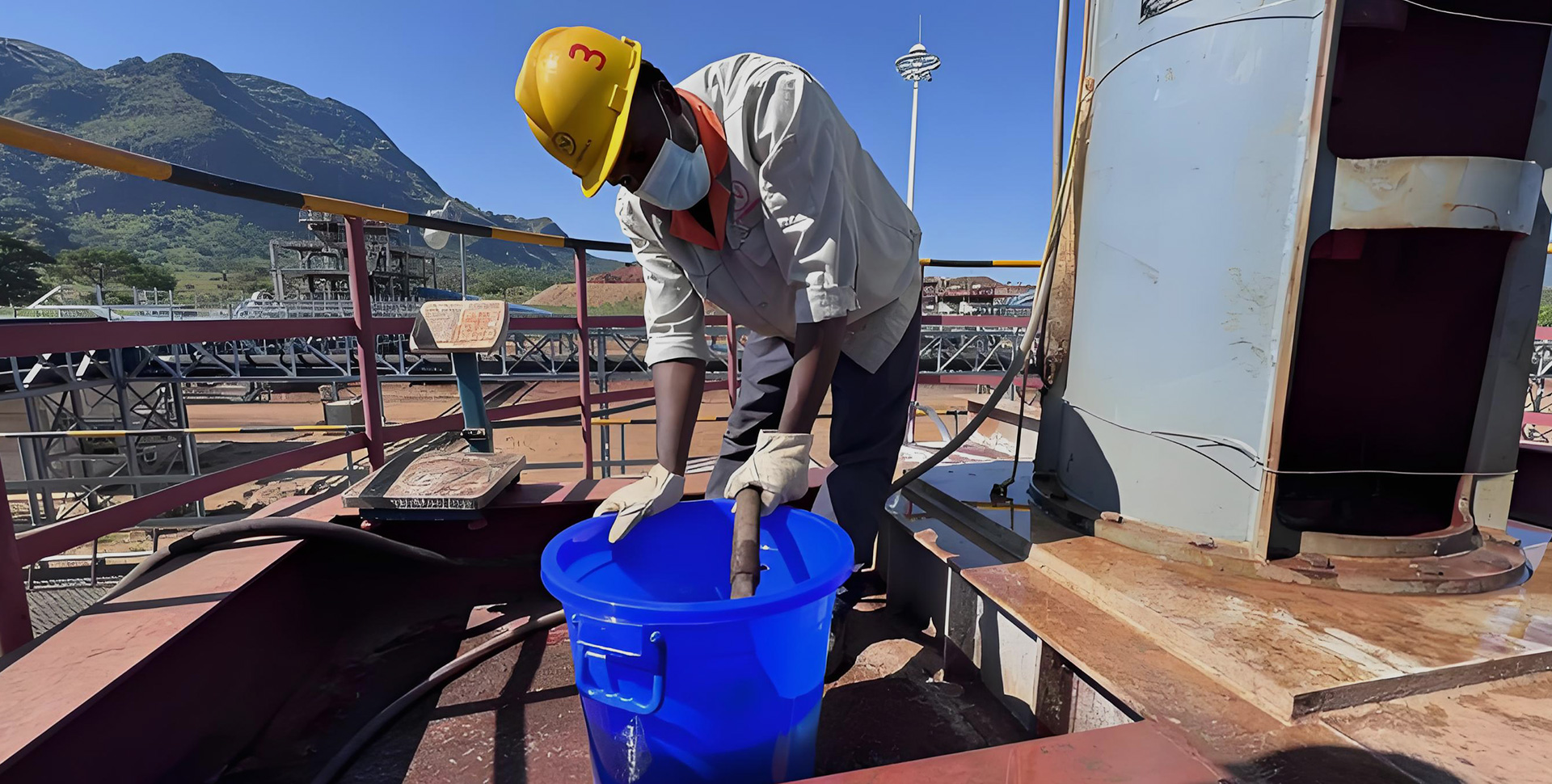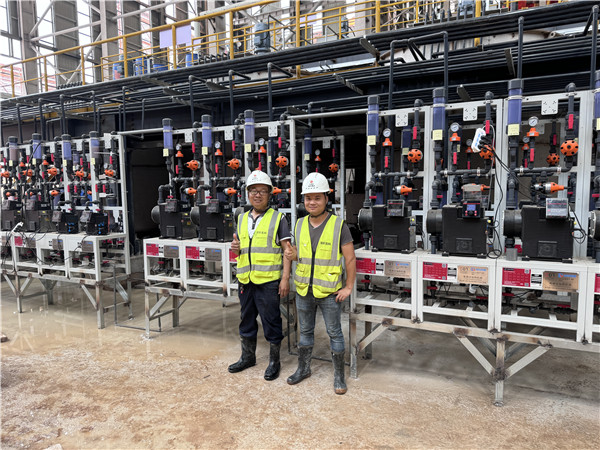Wastewater Treatment
Application of Digital Dosing Pumps in Water Treatment Plants
With the acceleration of urbanization, the demand for water treatment is increasing, and traditional manual dosing systems have exposed issues such as inaccurate operation, low efficiency, and high maintenance costs. As an important innovation in modern water treatment, digital dosing pumps, with their precise control, automation, and intelligent management advantages, have become an ideal choice for water treatment plants to improve water quality, reduce operating costs, and enhance efficiency.
Advantages of Digital Dosing Pumps:
Precise Measurement: Digital dosing pumps, through digital control systems, can precisely adjust the dosing amount, ensuring that every drop of chemical is accurately dispensed, avoiding fluctuations in water quality caused by over- or under-dosing.
Intelligent Control: With an intelligent system, digital dosing pumps can connect in real-time with the water quality monitoring systems of water treatment plants, automatically adjusting the dosing amount based on water quality parameters to ensure stability and safety in the treatment process.
High Efficiency and Energy Savings: Digital dosing pumps optimize the dosing process, reducing energy consumption and chemical waste. The precise dosing not only improves the efficiency of chemical use but also significantly lowers operational costs.
Remote Monitoring and Data Logging: Digital dosing pumps support remote monitoring, allowing operators to view real-time dosing status, chemical usage, and equipment health. The system also automatically records data, making it easier for managers to analyze and make decisions.
Automatic Alarms and Safety Assurance: Digital dosing pumps are equipped with multiple safety monitoring features. In case of abnormalities, such as chemical shortages or equipment failure, the system will automatically trigger alarms, ensuring the safe operation of the plant.
Reduced Risk of Human Error: With digital operations, human intervention is minimized, improving work efficiency and effectively reducing the risk of accidents caused by human error.
Typical Applications of Digital Dosing Pumps in Water Treatment Plants:
- Disinfection Dosing: During water treatment, digital dosing pumps precisely dispense disinfectant chemicals (such as chlorine or sodium hypochlorite) to ensure that the water is disinfected to meet required standards, preventing harmful bacteria and viruses from contaminating the drinking water.
- Algae Control Dosing: In cases where algae are present in the water source, digital dosing pumps can precisely add algaecides to maintain water clarity and prevent algae overgrowth from affecting water quality.
- pH Adjustment: Digital dosing pumps can precisely adjust the pH levels of the water, ensuring the water quality stays within safe parameters and avoiding negative impacts on the water.
- Coagulant Dosing: Digital dosing pumps can accurately add coagulants in sedimentation tanks to remove suspended solids from the water, improving turbidity levels.
Conclusion: The application of digital dosing pumps drives the intelligent and precise management of water treatment plants, making the water treatment process more efficient, eco-friendly, and safe. Through digital and automated management, plants can better ensure high-quality water supply while reducing operational costs and enhancing safety.
- Previous:Petrochemical industry
- Next:Water Treatment Plants



